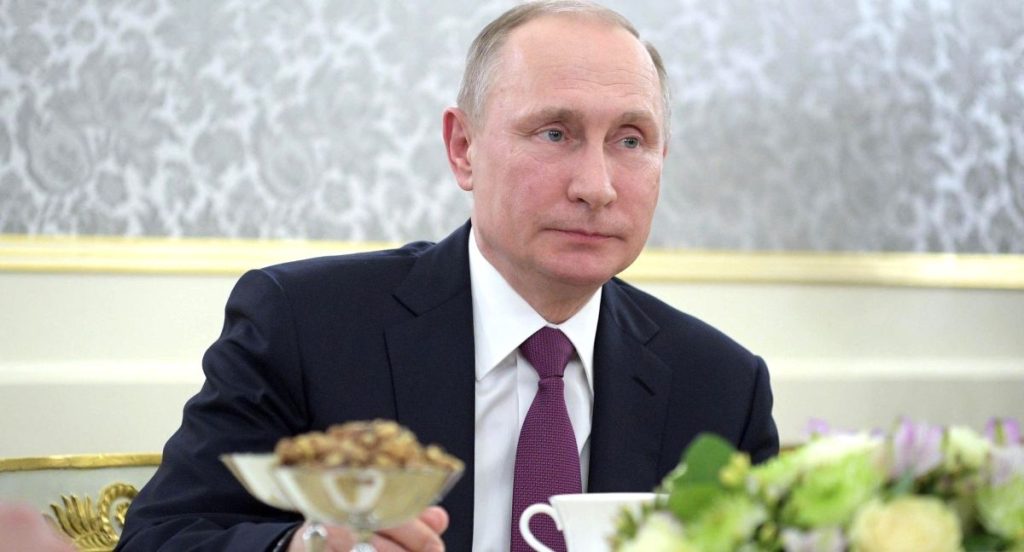Moscow is profiting from the chaos between Israel and Iran—economically and diplomatically—even as it risks losing Tehran as a regional partner.
Others are reading now
As Israeli airstrikes continue to devastate Iran’s military and nuclear infrastructure, Russia is responding with calculated restraint.
While publicly condemning the strikes as “illegal” and warning of risks to global security, Moscow has offered no real assistance to Tehran.
Instead, it is quietly seizing the geopolitical crisis to strengthen its own position, according to Digi24.
Strategic silence and economic advantage
Although Iran has supplied Russia with Shahed drones for the war in Ukraine, the Kremlin has done little more than issue statements of concern as its ally is bombarded.
Also read
This passivity reflects a broader Russian strategy of capitalizing on instability—especially when it drives up energy prices.
With oil prices spiking amid the conflict, Moscow is benefiting financially even as its strategic partner comes under siege.
This duality is not new. Russia has long maintained deep economic and political ties in the Middle East, while also exploiting crises in the region to reinforce its global relevance.
The present war offers both a diplomatic platform and a financial windfall.
Putin’s diplomatic pivot
President Vladimir Putin, maintaining dialogue with both Tehran and Tel Aviv — as well as Washington — is positioning himself as a mediator.
In a recent conversation with President Donald Trump, Putin reportedly pointed to past cooperation on Iran’s nuclear program, suggesting Moscow could again help de-escalate tensions.
This role would allow Russia to reassert itself as a major diplomatic actor while attempting to soften its pariah status stemming from the war in Ukraine. Even symbolic mediation in the Israel–Iran conflict offers the Kremlin a pathway back to the international negotiating table.
Ukraine eclipsed as Middle East dominates headlines
As global attention shifts to the Middle East, the Kremlin benefits from a reduced spotlight on its war in Ukraine. Analysts argue that the current crisis has temporarily recast Russia not as an aggressor, but as a potential “maker of peace” in a volatile region.
Still, if Tehran’s regime were to collapse, something increasingly seen as an Israeli objective, Russia would lose another regional ally after setbacks in Syria, Libya, and Iraq. It’s a risk Moscow seems willing to take, at least for now.
A delicate balancing act
Russia’s response to the Israel–Iran war reflects a familiar strategy: remain above the fray, collect economic gains, and wait for the diplomatic moment.
While unlikely to intervene militarily, Moscow is working behind the scenes to ensure that this crisis becomes one it can turn to its advantage.


